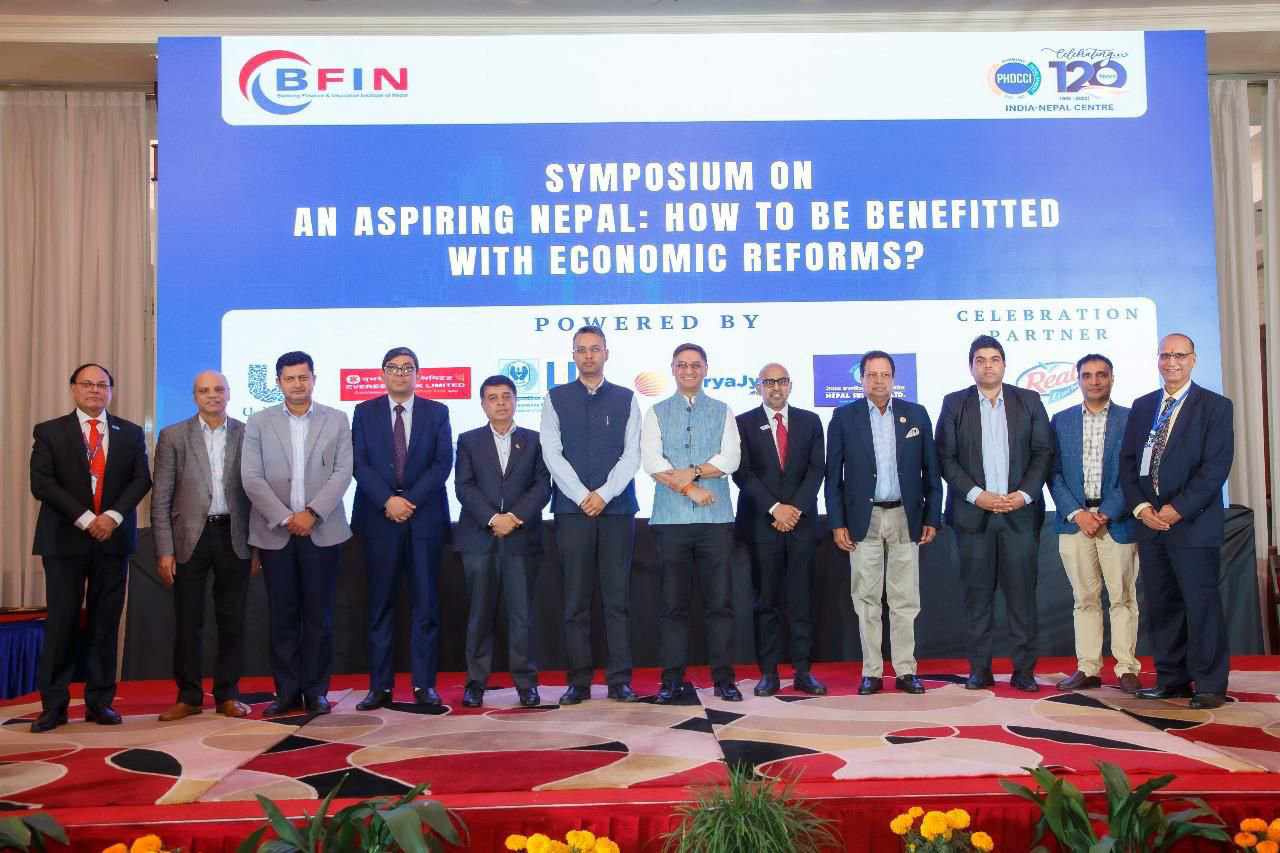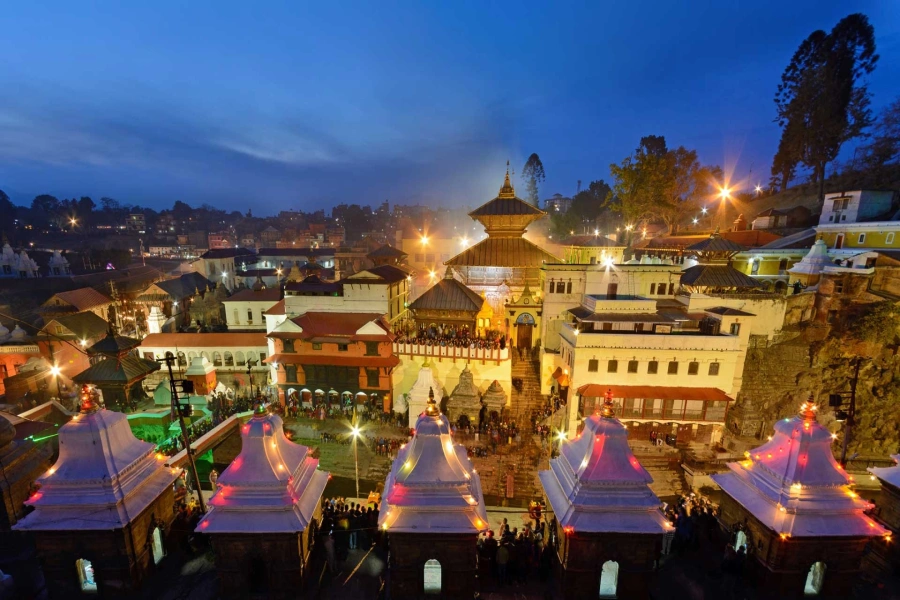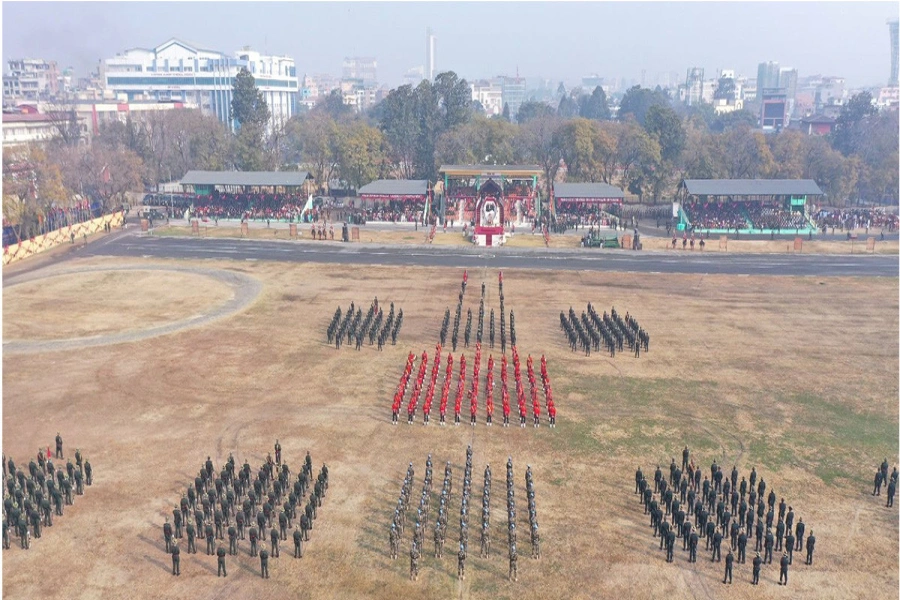KATHMANDU, Feb 18: A three-day Southeast Asian Regional Symposium on Microbial Ecology (SARSME 2020) was held in Pokhara with the aim of strengthening microbial ecology research network in Southeast Asia, highlighting the integrated sustainability of environment, biodiversity and the microbes.
The symposium brought microbial ecologists in the region together to exchange ideas, discuss recent research, and work toward overcoming the challenges. “The event was mainly focused on the establishment of a network that in coming days is expected to foster long-term collaboration in the field of microbial ecology in the region. Such a network is expected to accelerate the much-needed focus to develop this important discipline which has consequences for the environment and human health,” said a press statement issued by the organizers.
The symposium concluded that unique microbial biodiversity and resources of Southeast Asia including Nepal should be further explored and applied for the integrated development of the nations of this region. Microbial ecology research is important to address the issues of climate change and other challenges.
Second South Asian Symposium on Microbial Ecology concludes suc...

The regional symposium had a participation of a total of 160 participants including 80 foreigners from 12 different countries. This included six plenary lectures by keynote speakers from America, the UK, Australia, New Zealand, India and Pakistan. Additionally, 17 invited speakers and 17 oral presenters from different countries of the region presented scientific talk on the wider aspect of environmental and microbial sciences. The symposium also included 36 poster presentations.
The event beginning February 12 was organized jointly by Microbial Ecology Network Nepal, Prithivi Narayan Campus and provincial government of Gandaki Province in association with the Ministry of Education, Science and Technology, National Youth Council, Visit Nepal 2020 Secretariat. It was sponsored by International Society of Microbial Ecology (ISME) and partially supported by Nepal Academy of Science and Technology, Tribhuvan University Central Department of Microbiology and Biotechnology, Kathmandu University, and Nepal Tourism Board, among others.
ISME contributed a sponsorship of Euro 30,000 through the ISME ambassador Dr Dev Raj Joshi who was also the coordinator of the local organizing committee. The ISME and organizer have announced to host similar regional symposiums periodically on regular basis rotating in all countries of the Southeast Asia region.
Inaugurating the symposium, chief minister of Gandaki Province Prithvi Subba Gurung highlighted the importance of scientific research for the development of the nation and promised to continue governmental support to scientific activities at the provincial level.
Likewise, vice-chairman of National Youth Council, Madhav Dhungel emphasized the role of youth for the development of a nation through the proper use of science and technology. Prithvi Narayan Campus Chief Prof Chandra B Thapa said that research on microbial ecology can solve current challenges of climate change and biodiversity loss.








_20220508065427.jpg)



























